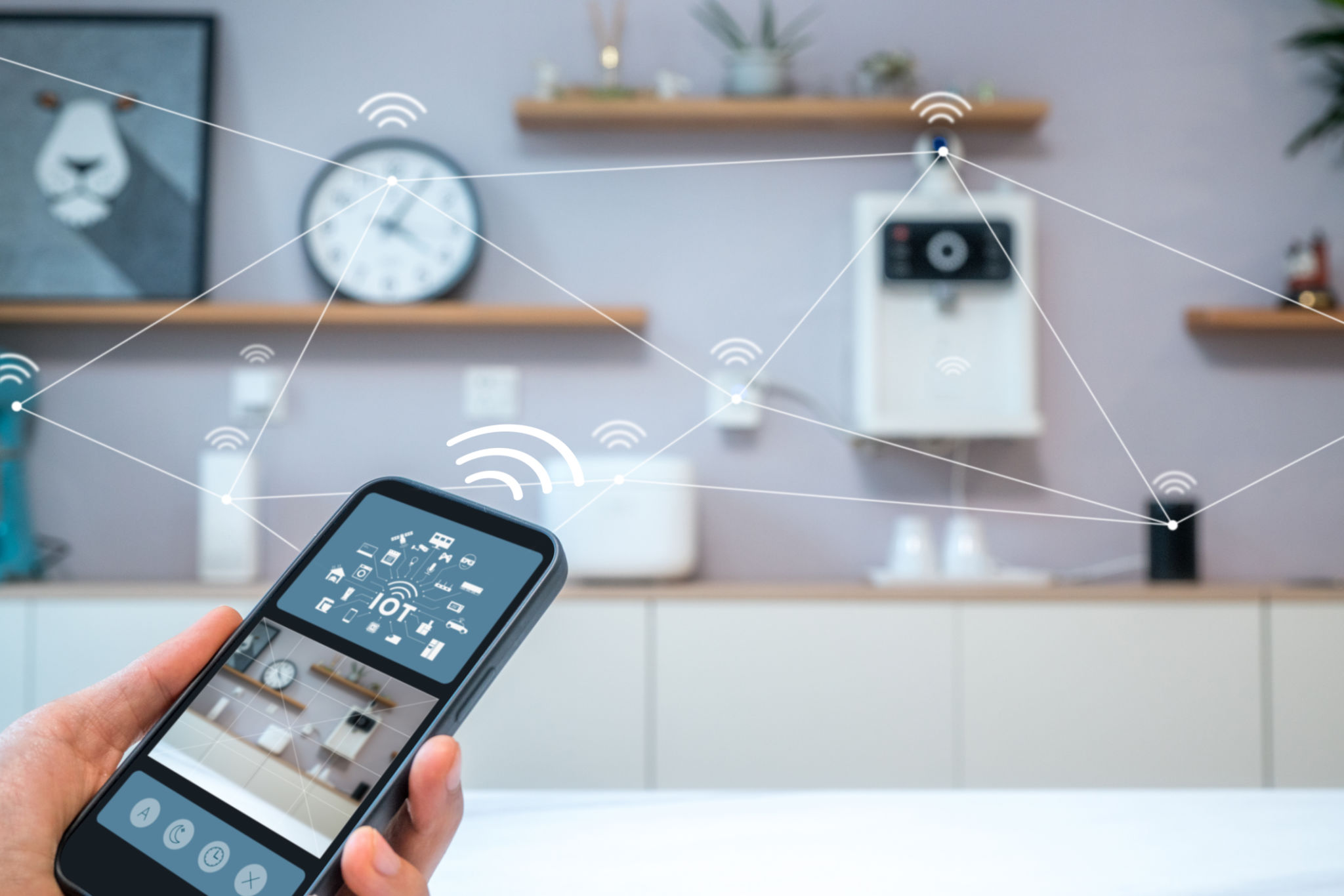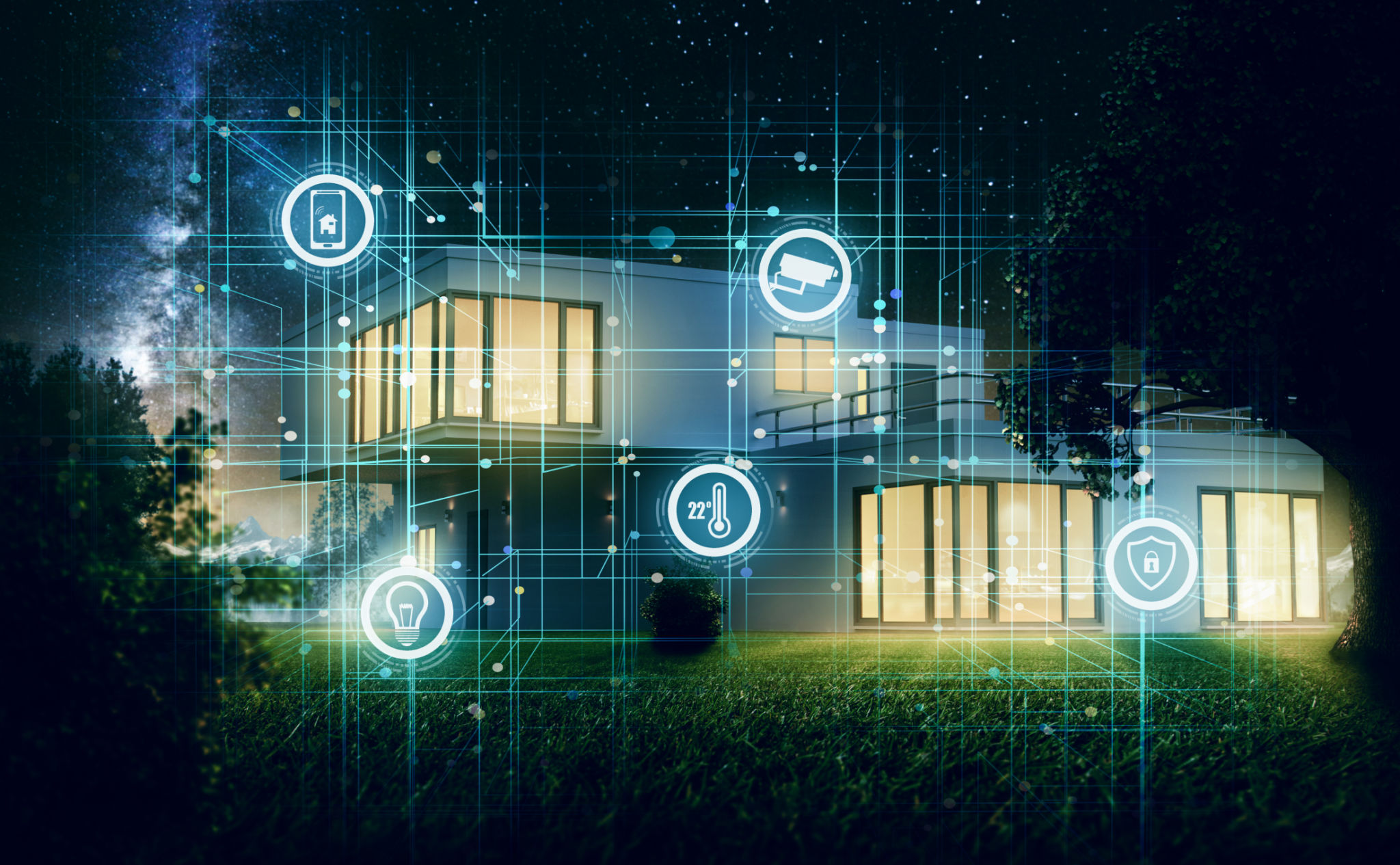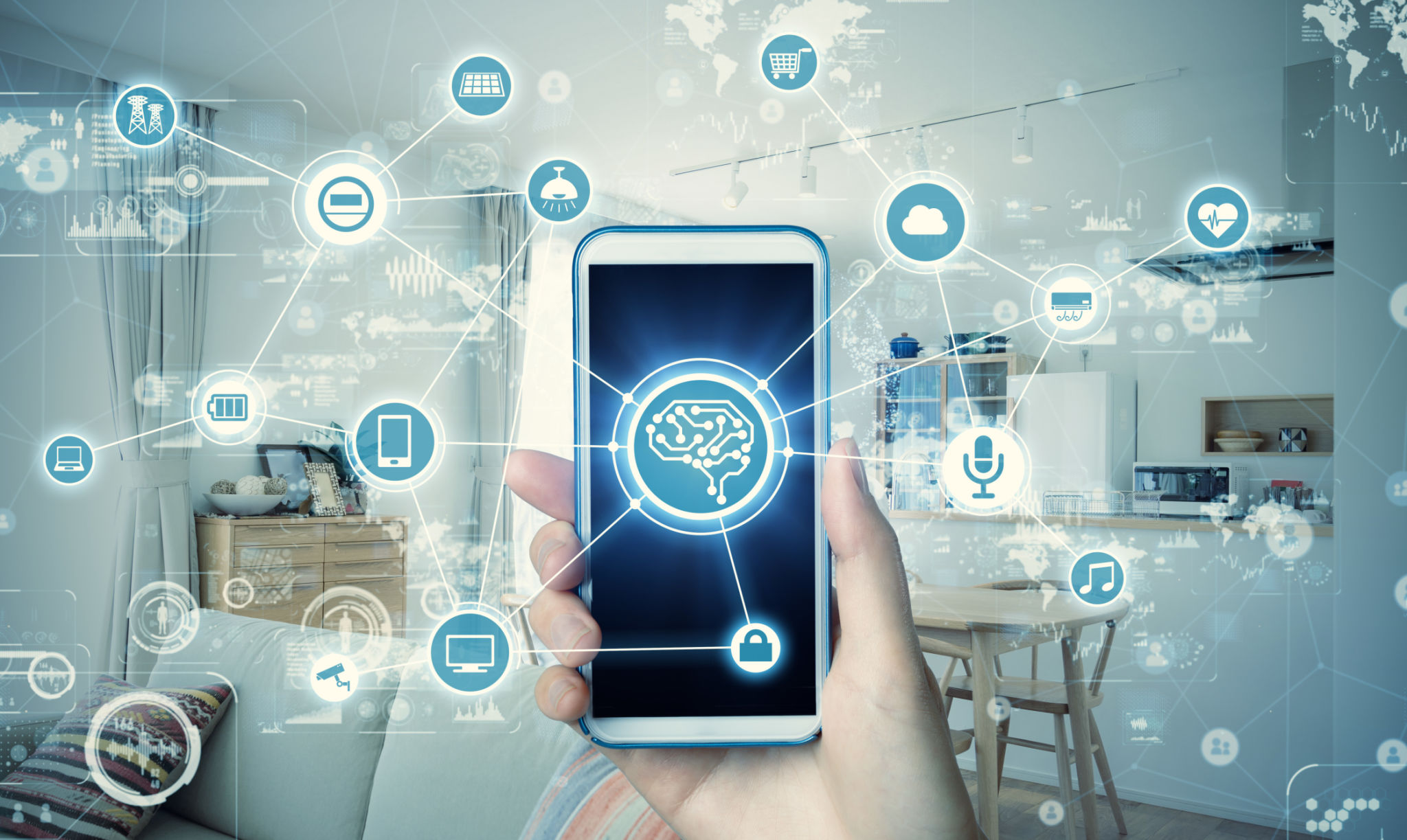The Future of Smart Home Technology: What to Expect
The Integration of AI in Smart Homes
The future of smart home technology is poised for a major evolution with the integration of artificial intelligence (AI). AI will enable devices to learn from user behavior, adapting to preferences and routines seamlessly. This will lead to a more intuitive and personalized living experience, where homes can anticipate needs even before you express them.
With AI, your smart home could manage energy consumption more efficiently, adjusting heating or cooling based on your schedule and habits. This not only enhances comfort but also contributes to energy savings and sustainability. The potential for AI in smart homes is vast, offering a glimpse into a future where our living spaces are not just connected, but truly intelligent.

The Role of Voice Assistants
Voice assistants are set to become even more central to smart home ecosystems. As natural language processing technologies advance, these assistants will become more capable of understanding and executing complex commands. This means users can enjoy a more conversational interaction with their devices.
Imagine issuing a single voice command that sets off a chain reaction—dimming the lights, activating security systems, and starting your favorite playlist as you prepare for an evening in. The convenience and hands-free control offered by voice assistants will continue to appeal to tech-savvy homeowners.
Enhanced Security Features
Security remains a top priority in the development of smart home technologies. Future advancements are expected to include more sophisticated surveillance systems and biometric access controls, such as facial recognition or fingerprint scanning. These features aim to provide homeowners with peace of mind through enhanced protection.
In addition, improvements in data encryption and privacy measures will ensure that personal information remains secure, addressing one of the primary concerns associated with smart home adoption. Users can look forward to a more secure environment without sacrificing convenience.

Interconnectivity and Interoperability
As the number of smart devices in our homes increases, the need for seamless interconnectivity becomes crucial. Future smart homes will likely see improved interoperability between devices from different manufacturers, allowing users to create a cohesive smart ecosystem without compatibility issues.
Standardized protocols and platforms will facilitate this interconnectivity, making it easier for consumers to mix and match products according to their preferences. This flexibility will empower homeowners to tailor their smart home setups precisely to their needs.
Health Monitoring and Wellness
Smart home technology is also expected to play a significant role in health monitoring and wellness. Devices capable of tracking vital signs, sleep patterns, and physical activity levels will help homeowners maintain better health through data-driven insights and recommendations.
These features can be particularly beneficial for aging populations, allowing for remote monitoring by healthcare professionals and providing timely alerts in case of emergencies. The integration of health-focused technologies in smart homes is a promising development for improving overall well-being.

The Rise of Eco-Friendly Smart Homes
Sustainability is becoming increasingly important in smart home design. Future developments will likely emphasize eco-friendly solutions that minimize environmental impact. Smart lighting systems that adjust based on natural light availability and advanced climate control systems that optimize energy use are just a few examples.
Additionally, smart water management systems can help reduce waste by monitoring usage patterns and detecting leaks. These innovations contribute to a more sustainable lifestyle while also reducing utility costs for homeowners.
The Impact of 5G Connectivity
The rollout of 5G networks promises to revolutionize smart home technology with faster and more reliable connectivity. This will enable real-time communication between devices, enhancing performance and responsiveness across the board.
With 5G, smart homes will be able to support a greater number of connected devices without experiencing latency issues. This increased capacity will be crucial as more households adopt smart home technologies as part of their daily lives.

Challenges and Considerations
Despite the exciting prospects, there are challenges to consider as smart home technology evolves. Privacy concerns remain at the forefront, as increased connectivity can lead to vulnerabilities if not properly managed. Manufacturers must prioritize robust security measures to protect user data.
Additionally, there is a need for continuous education and support for consumers as they navigate the complexities of setting up and maintaining a smart home ecosystem. By addressing these challenges, the industry can ensure that the benefits of smart home technology are widely accessible and appreciated.